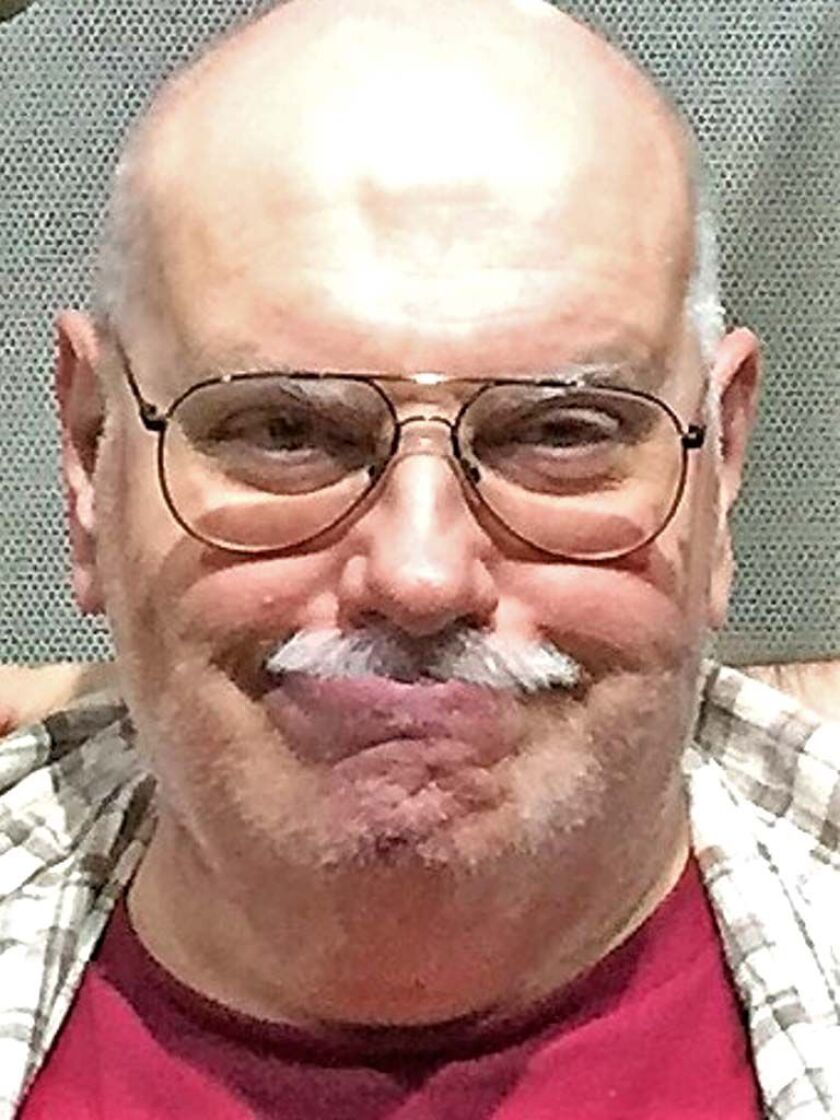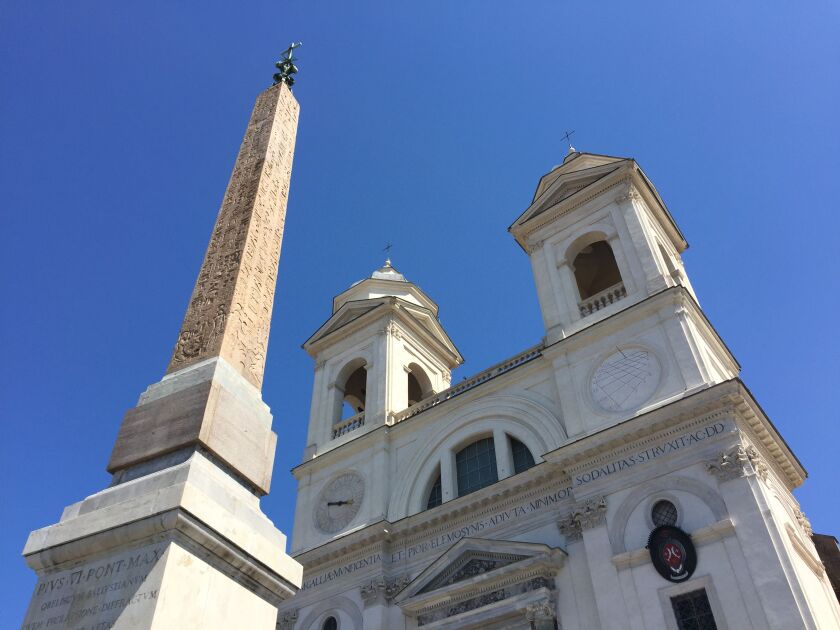Follow @neilsteinbergConcrete sounded terrible.
“You don’t sound so good,” I told him.
“I’m very weak,” he replied. “I don’t think I will be able to call you. I have edema all over my body. My nephew is a doctor, and he says I have maybe weeks. I think that might be optimistic. I think more likely days.”
He would die the next day, April 5.
Concrete had been phoning me at the newspaper for 15 years. Once a week, once a month — it’s not like I kept track. He’d comment on columns, talk about stuff in a blunt, rounded Chicago voice, massaging his “t’s” into “d’s.”
“Hi, it’s Concrede,” he’d say.
He was informed, often complimentary. But still, for years I viewed him as something of a nuisance. I had work to do. I’d surf the web while we talked. It’s not something I thought much about. I had no idea, for instance, why I called him “Concrete.”
Over the past few months, he got sick — heart failure — and started to die. I began paying closer attention. A heart transplant was not an option.
“I can’t see taking a heart from someone younger,” he said. “I’m not Dick Cheney.”
At 69, he was resigned to fate.
“It’s not like I’m jumping at death, but you gotta be realistic,” he said. “Seventeen years ago I had a triple bypass, so I’ve actually outlived most people with the condition I had. Things are coming to the conclusion. This is as actual a part of living as being born.”
OPINION
Follow @neilsteinbergI was concerned he was alone, but, as the oldest of seven, he always had relatives around.
“I feel terrible being a burden to them,” he said. “My nephew carrying me down the stairs. I liked it better when I carried him.”
How is it knowing you are going to die soon?
“In a way, it’s almost a gift,” he said. “I get to say thank you to people, to try to make amends to people I’ve offended by commission or omission. To forgive those who’ve done things to me.”
Was he worried about what might come after death?
“Reason only carries you so far,” he said. “That’s where things like faith come in. I hope for some survival of awareness. I can’t be sure there is. I’ve fallen back on Christian tradition. There are things beyond what our brains can comprehend.”
He had a lot of good memories.
Any regrets?
“Oh God,” he said. “I wish I had years and years, I had plans with my brothers, stuff like that. You have to let all that go. People are saying goodbye to me. I’m saying goodbye to everybody. There’s a sadness to it.”
I thought to ask something I’d never asked before.
“Concrete, what’s your name?”
“My name is Michael Rosewell,” he said. “It’s an English name. My great-grandfather was a remittance man. The family was paid to leave England and never come back.”
Why did I call him “Concrete”? I had written something about touring the engine room of a ship in the mid-Atlantic.
“I told you that in Vietnam we experimented with concrete hulls for ships, and you started to call me ‘Concrete,’” he said. “When it’s over I’ll have someone call you . . . .”
The day before I left on vacation, I got a phone message from his brother.
“He never married, never had any children,” Joseph Rosewell said. “He always felt like the nieces and nephews were the children he never had.”
His brother said he was greatly missed.
“He was the leader, he was highly intelligent, you could see that, could sense that right away,” Rosewell said. “He was always ready to share things. He loved to talk.”
I can vouch for that. I never met the man, but felt bad to miss his funeral. The day I arrived in Rome, the first church I came upon was a lovely old cathedral, the Trinità dei Monti, at the top of the Spanish Steps. I put a coin in the box, lit a votive candle and said a prayer for Michael Rosewell.







